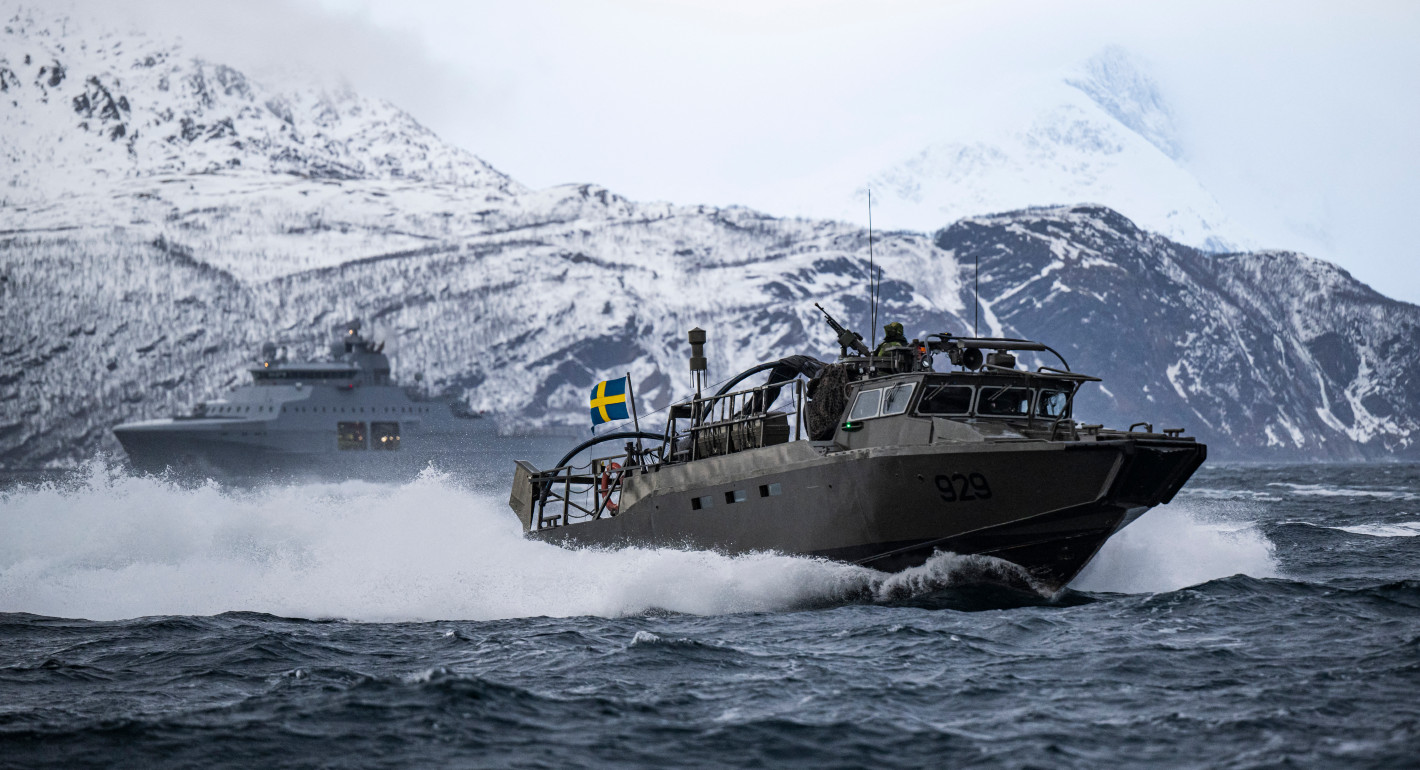The accession of Sweden and Finland to NATO has raised the question about how the organization will integrate its two newest members into its command structures. Specifically, how will the two Nordic states fit into the alliance’s Joint Force Commands, or JFCs? And why are experts splitting hairs about which JFC is best suited to assume responsibility for Sweden and Finland?
The JFCs make up the operational level of NATO’s command structure. Each JFCs has to be ready to plan, conduct, and sustain NATO operations in its geographic areas of responsibility.
By nature of its location and comparative capability advantages, JFC Brunssum in the Netherlands is responsible for supporting NATO’s operations on the eastern flank, with an emphasis on land forces. JFC Norfolk in the United States is focused on the protection of the Arctic and transatlantic neighborhood, focusing largely on maritime forces.
Finland and Sweden are both Arctic and Baltic Sea states, so either JFC NorfolkorJFC Brunssum could logically be responsible for implementing NATO’s plans to address each country’s defense. For the time being, JFC Brunssum is responsible for implementing NATO operations plans that address the defense of Finland and Sweden. But this stretches Brunssum’s capacity very thin. For this reason, many assume that Finland and Sweden (and the rest of Scandinavia) will eventually fall under JFC Norfolk’s purview, though no official decision has been made.
This has created some debate. On one hand, keeping NATO’s Nordic allies all under the same command makes sense, because these countries already have close defense ties. On the other hand, however, since the remaining Baltic Sea states fall under Brunssum, this would divide the operational-level planning in the region between two JFCs, which could create command-and-control coordination challenges.
NATO is now in the process of updating its command structures at the behest of the Supreme Allied Commander Europe General Christiopher Cavoli. A final decision on the JFC question will likely be announced at NATO’s Washington summit in July.
Carnegie This Week
Understand the world with the latest from our scholars around the world.





